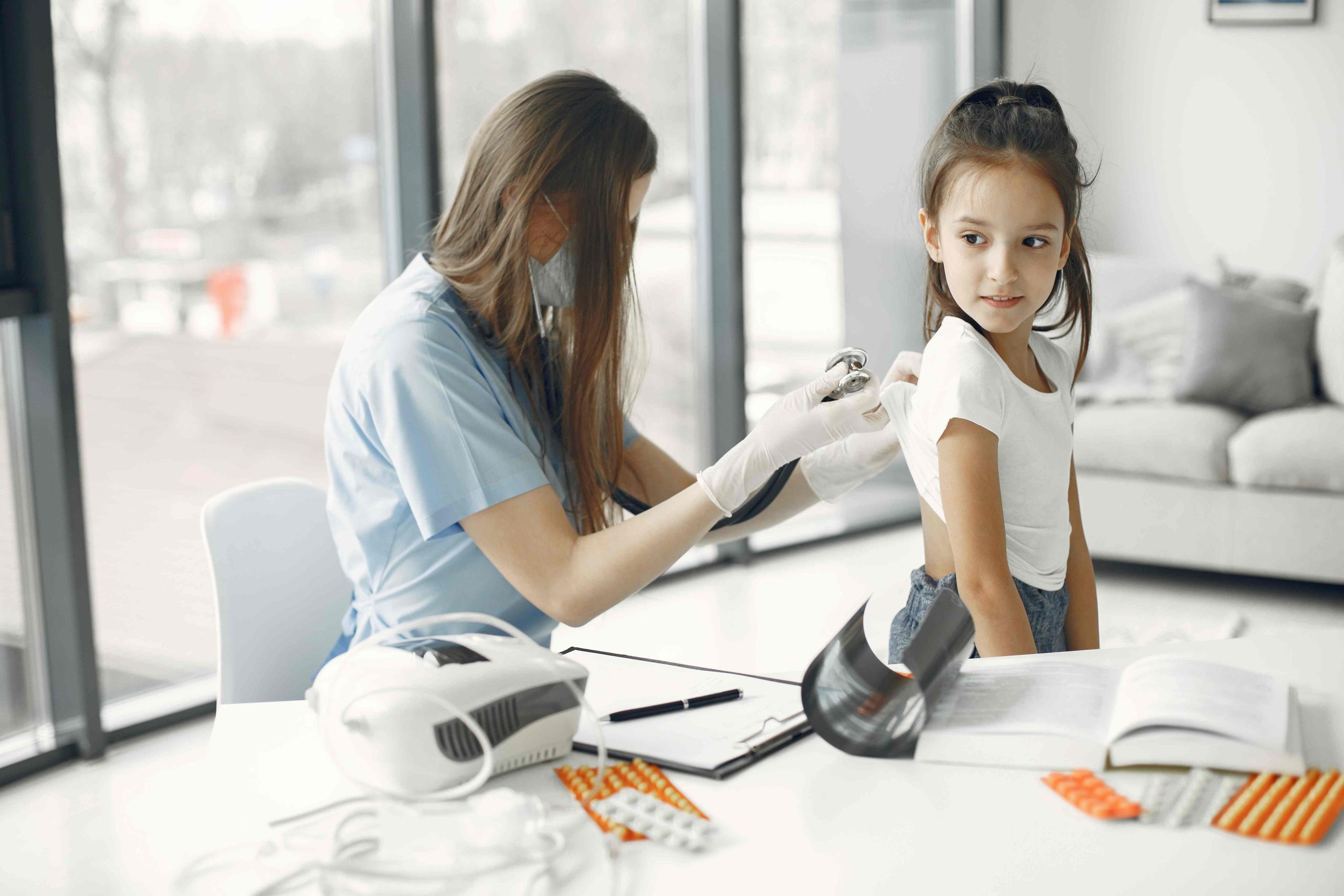
Understanding Preschoolers’ Normal Developmental Milestones: The Value of Annual Checkups
Introduction: Preschoolers undergo important developmental changes that impact their physical, cognitive, emotional, and social skills. These changes typically occur between the ages of 3 and 5 years. Understanding a child’s growth and development and ensuring they meet age-appropriate expectations require knowledge of these developmental milestones. Regular checkups are crucial for monitoring these milestones and addressing any early issues. This article aims to outline typical developmental stages for toddlers and highlight the importance of yearly physicals.
Physical Development
Physical development encompasses both gross motor abilities (control and coordination of large muscle movements) and fine motor skills (control and coordination of small muscle movements). It involves the growth and changes in a child’s body, including significant increases in height, weight, and coordination during the preschool years.
Development of Gross Motor Skills:
- Independence in walking.
- Ability to run and jump with both feet.
- Capability to kick a ball.
- Skills to climb stairs alternating feet.
- Proficiency in using a tricycle.
Development of Fine Motor Skills:
- Use utensils like forks and spoons.
- Turn doorknobs.
- Build with blocks.
- Engage in drawing with crayons or pencils.
Cognitive Development
Cognitive development involves thinking, reasoning, and understanding how the world works. Preschoolers show significant growth in cognitive abilities, including attention, memory, and problem-solving skills.
Emotional and Social Development
Emotional and social development includes a child’s ability to manage emotions, interact with others, and form relationships. Preschoolers develop empathy, self-awareness, and social skills during this stage.
The Significance of Yearly Exams
Regular checkups are essential for monitoring a child’s growth and development, including physical, cognitive, emotional, and social aspects. Healthcare professionals evaluate developmental milestones and identify any issues or delays during these visits. Early detection and intervention for potential developmental challenges can improve outcomes for children.
Annual checkups also provide an opportunity for healthcare providers to discuss important health and safety topics such as diet, exercise, sleep patterns, dental care, and injury prevention with parents and caregivers. It’s crucial to follow the recommended schedule of routine checkups, as advised by healthcare providers and organizations like the American Academy of Pediatrics.
Additionally, parents and caregivers play a vital role in preparing for and participating in these checkups to ensure their child’s health and well-being.


